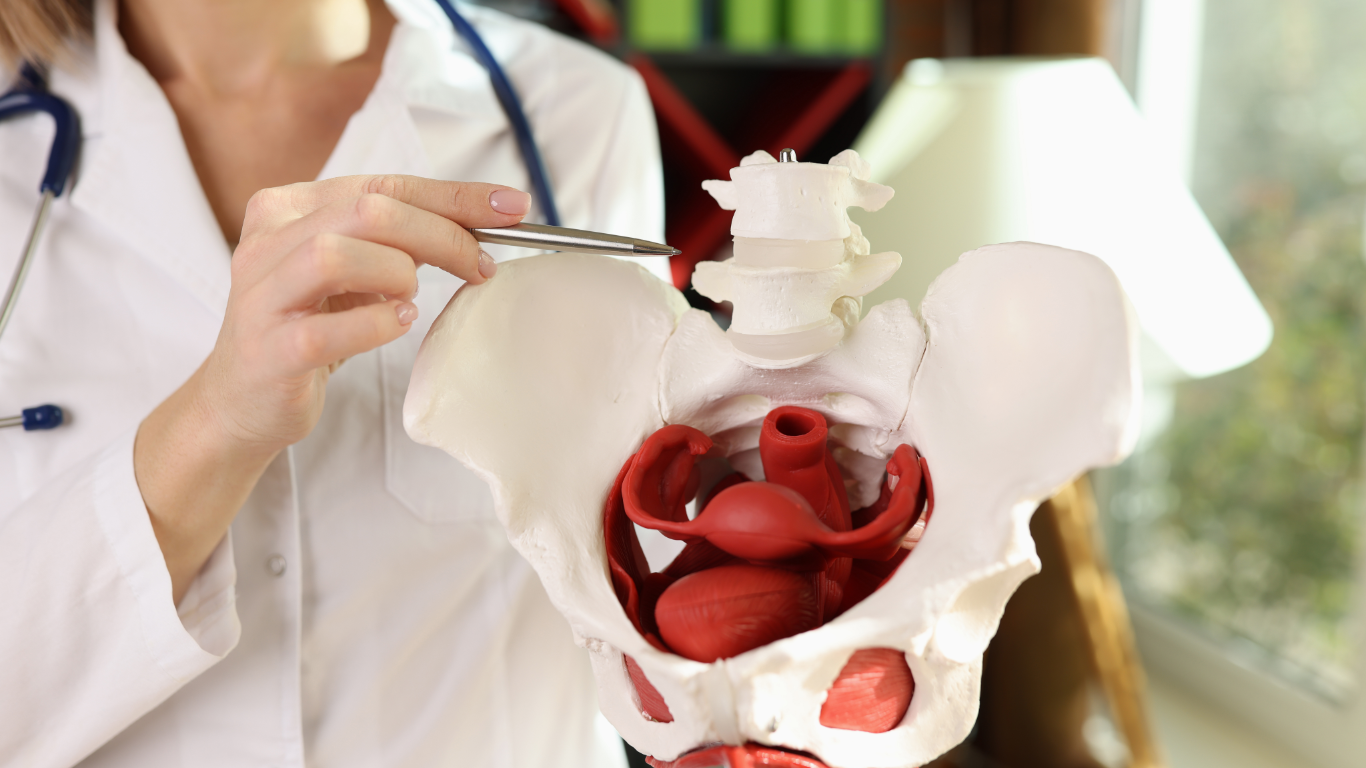 Overactive bladder
Prev post
Overactive bladder
Prev post
Physiotherapy for Constipation
Next post




